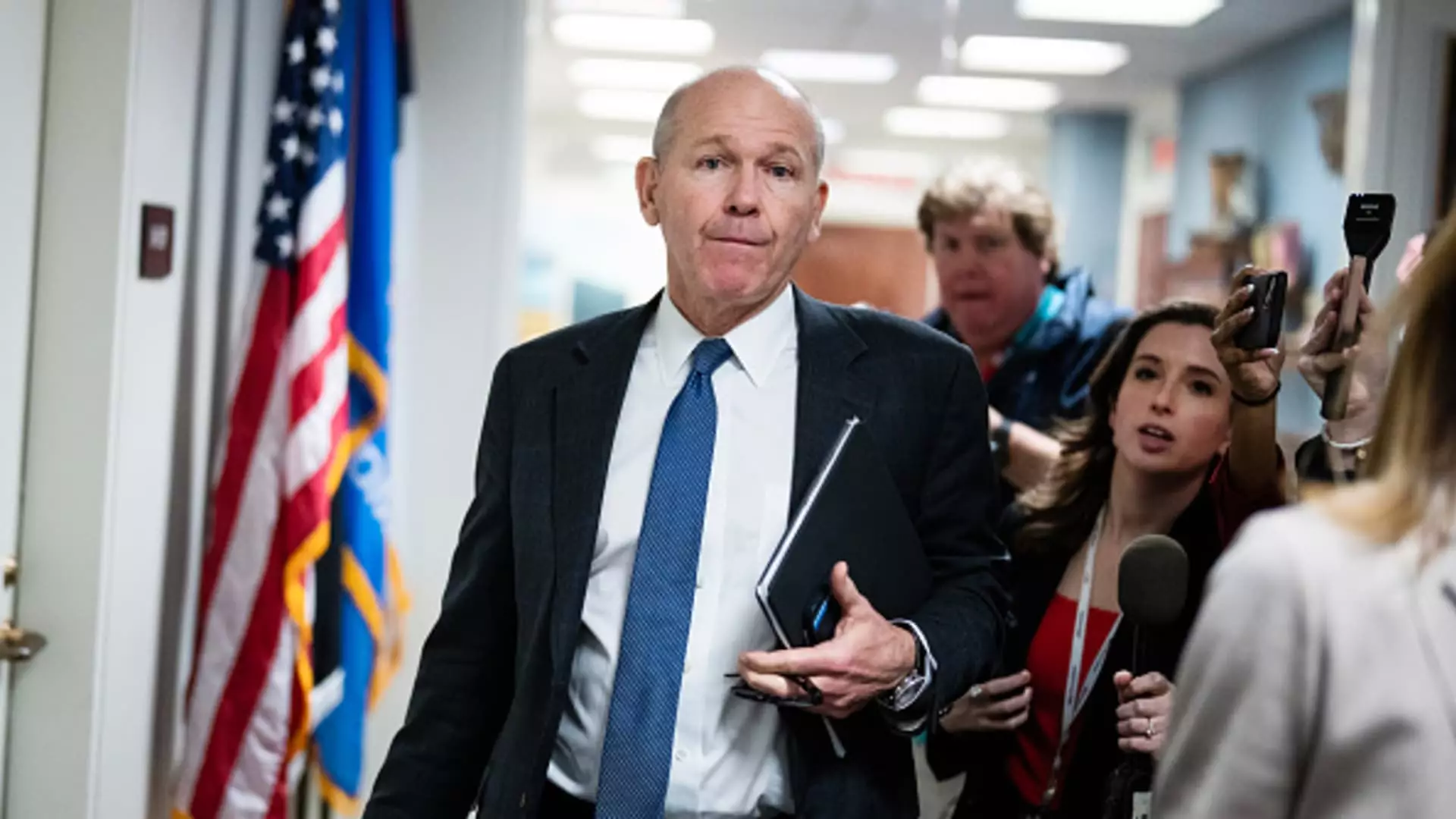Boeing, one of the leading aircraft manufacturers in the world, is currently facing a severe crisis related to its company culture. The CEO, Dave Calhoun, has admitted that the company’s culture is “far from perfect,” acknowledging that there are significant issues that need to be addressed. As fresh whistleblower claims surface, it becomes apparent that Boeing has mishandled defective parts, putting the safety and reputation of its aircraft at risk. This article will delve into the details of this crisis, the impact it has had on Boeing, and the steps the company is taking to rectify the situation.
One of the key aspects of this crisis is the whistleblower allegations that have been brought to light. Sam Mohawk, a quality assurance investigator at Boeing, has claimed that the company lost track of hundreds of defective parts that were either damaged or not up to specification. These parts were reportedly being installed on airplanes, posing a significant safety risk. Mohawk also alleged that he faced retaliation for raising concerns and was instructed by supervisors to hide evidence from the Federal Aviation Administration (FAA). These allegations raise serious questions about Boeing’s commitment to safety and regulatory compliance.
The FAA has been closely monitoring Boeing’s activities in light of these allegations. The agency has seen an increase in the number of reports from Boeing staff, indicating a heightened level of concern regarding the quality and safety of the company’s aircraft. The FAA has vowed to thoroughly investigate every report, including those uncovered by the Senate’s work. This increased regulatory scrutiny has put additional pressure on Boeing to address its underlying issues and improve safety standards across the board.
In addition to the regulatory scrutiny, Boeing is also facing potential legal consequences. The Justice Department has indicated that the company violated a 2021 settlement tied to previous 737 Max crashes that resulted in the loss of 346 lives. This violation could lead to criminal charges against Boeing and its executives if the Justice Department decides to prosecute. The company’s reputation and financial stability are at stake, with victims’ family members calling for accountability and justice for the lives lost in the tragic accidents.
The crisis surrounding Boeing’s culture and safety practices has had a significant financial impact on the company. Boeing’s lower production and deliveries have affected its cash flow, leading to a warning to investors that it would burn cash instead of generating it this year. The company’s shares have dropped more than 30% this year, significantly underperforming the market. The halt in production of the 737 Max has forced major customers like Southwest Airlines and United Airlines to adjust their growth and hiring plans, further exacerbating the financial strain on Boeing.
Boeing finds itself in the midst of a severe crisis that has called into question its culture, safety practices, and regulatory compliance. The whistleblower allegations, regulatory scrutiny, legal ramifications, and financial impact have all contributed to a challenging environment for the company. Boeing must act swiftly and decisively to address these issues, restore public trust, and ensure the safety of its aircraft and passengers. The steps taken by the company in the coming months will be critical in determining its future success and reputation in the aerospace industry.

